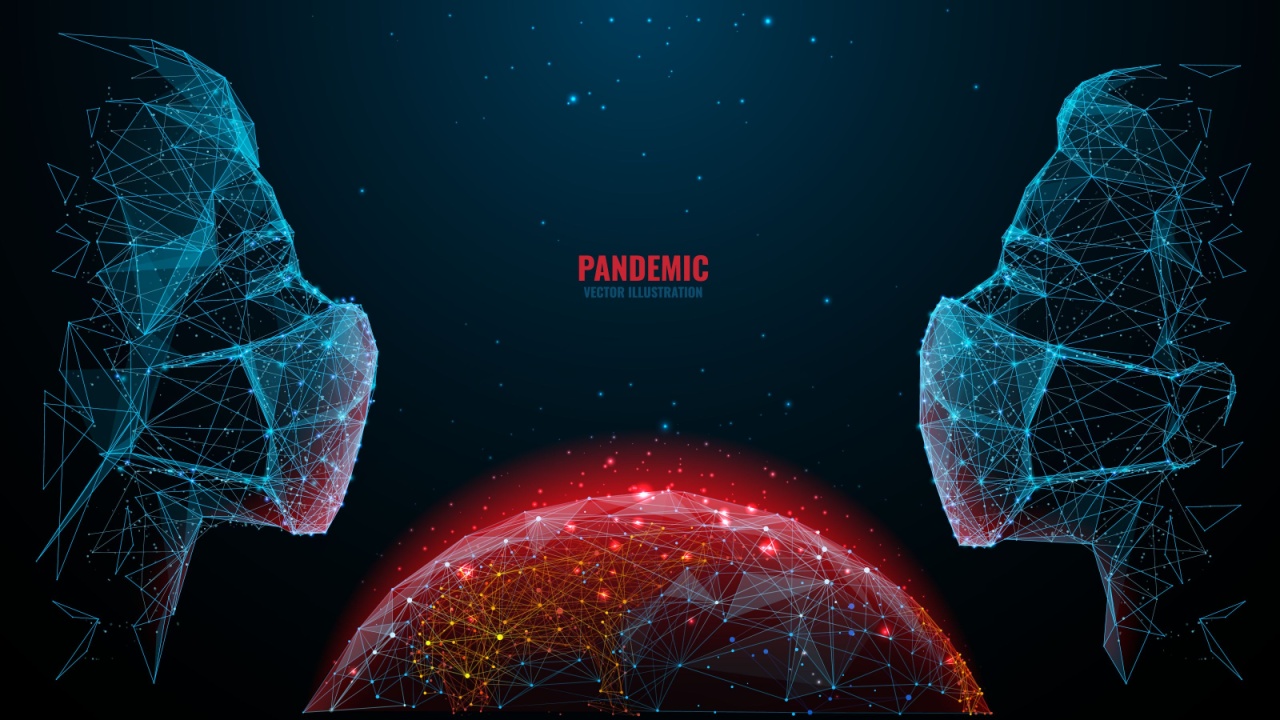A black swan event is a rare, unpredictable occurrence that has a significant impact on society and the world as we know it. While it’s impossible to predict exactly when or how a black swan event will occur, there are often signs and indicators that can help us prepare for the possibility. Here are 12 signs that we may be heading towards a black swan event.
1. Increasing Frequency of Extreme Weather Events

As climate change continues to impact our planet, we’re seeing an increase in the frequency and severity of extreme weather events, such as hurricanes, floods, and wildfires. These events can cause widespread damage and disruption, and may be a sign of more significant changes to come.
2. Growing Economic Instability

Economic instability, such as stock market volatility, high unemployment rates, and increasing income inequality, can be a sign that we’re heading towards a black swan event. When large segments of the population are struggling financially, it can lead to social unrest and political upheaval.
3. Rapid Technological Advancements

While technological advancements can bring many benefits, they can also be a source of disruption and uncertainty. The rapid development of artificial intelligence, automation, and other emerging technologies could lead to significant changes in the job market and society as a whole.
4. Escalating Geopolitical Tensions

Increasing geopolitical tensions, such as trade wars, regional conflicts, and the rise of nationalist movements, can be a sign that we’re heading towards a black swan event. These tensions can lead to economic instability, social unrest, and even armed conflict.
5. Widespread Social Unrest

Widespread social unrest, such as protests, riots, and civil disobedience, can be a sign that people are frustrated with the status quo and are demanding change. If left unaddressed, this unrest can escalate into more significant disruptions and even revolution.
6. Increasing Polarization and Division

Growing polarization and division within society, whether along political, religious, or cultural lines, can be a sign that we’re heading towards a black swan event. When people are unable to find common ground and work together, it can lead to social fragmentation and instability.
7. Declining Trust in Institutions

Declining trust in institutions, such as governments, media, and corporations, can be a sign that people are losing faith in the systems that hold society together. This lack of trust can lead to social unrest and a breakdown of the social contract.
8. Accelerating Environmental Degradation

Accelerating environmental degradation, such as deforestation, loss of biodiversity, and pollution, can be a sign that we’re pushing our planet to its limits. If left unchecked, this degradation could lead to catastrophic consequences for both human society and the natural world.
9. Increasing Concentration of Wealth and Power

The increasing concentration of wealth and power in the hands of a few individuals or corporations can be a sign that we’re heading towards a black swan event. When too much power is held by too few, it can lead to corruption, inequality, and social instability.
10. Growing Threat of Pandemics

The growing threat of pandemics, as evidenced by the COVID-19 crisis, can be a sign that we’re vulnerable to black swan events that can disrupt every aspect of society. As our world becomes more interconnected, the risk of pandemics spreading quickly and widely increases.
11. Aging Infrastructure and Systems

Aging infrastructure and systems, such as power grids, transportation networks, and healthcare systems, can be a sign that we’re vulnerable to black swan events. When these systems are not adequately maintained or updated, they can fail unexpectedly, leading to widespread disruption.
12. Increasing Reliance on Complex Systems

Our increasing reliance on complex systems, such as global supply chains, financial markets, and the internet, can be a sign that we’re vulnerable to black swan events. When these systems are disrupted, it can have far-reaching consequences that are difficult to predict or control.

